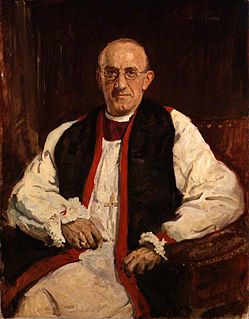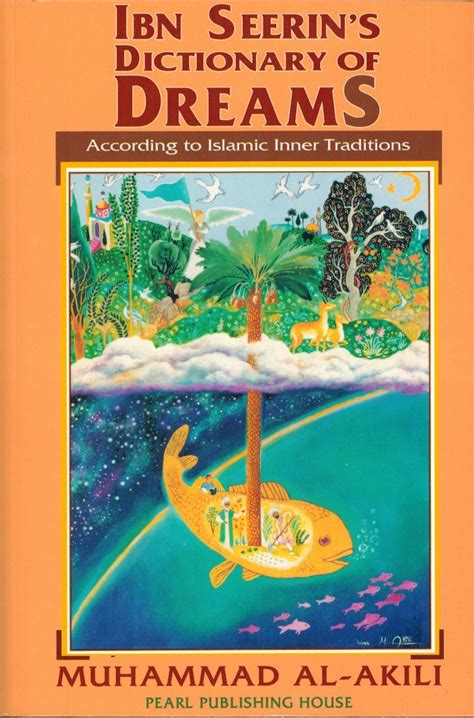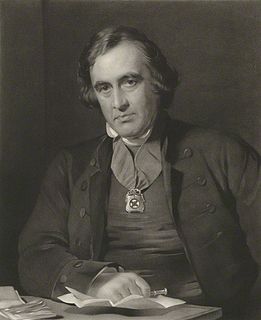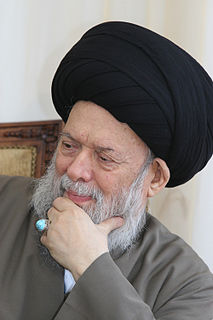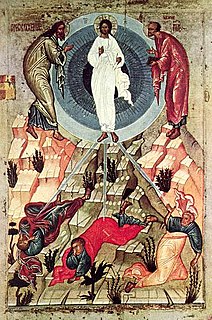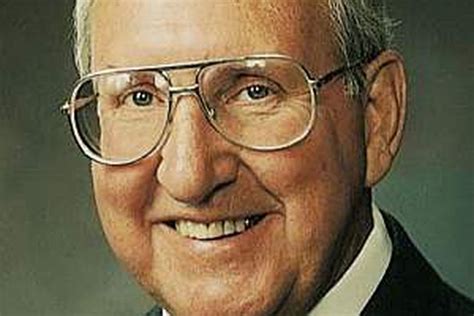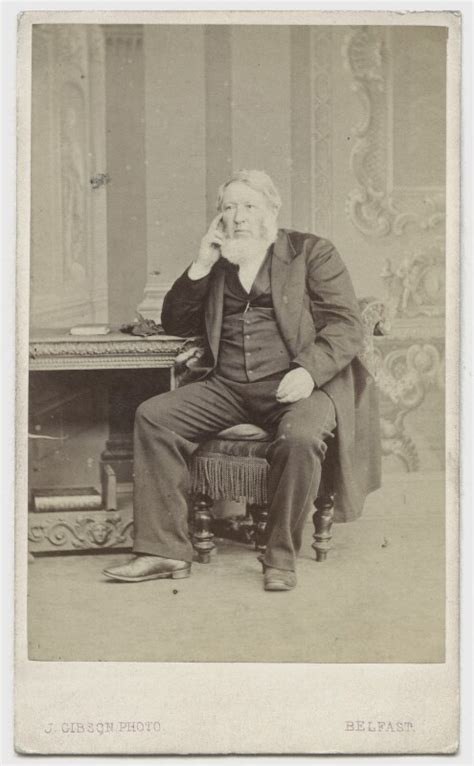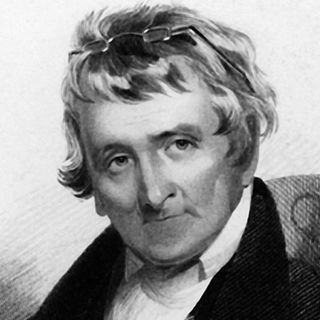Top 1200 Sins Of The Past Quotes & Sayings - Page 2
Explore popular Sins Of The Past quotes.
Last updated on April 18, 2025.
But the past does not exist independently from the present. Indeed, the past is only past because there is a present, just as I can point to something over there only because I am here. But nothing is inherently over there or here. In that sense, the past has no content. The past - or more accurately, pastness - is a position. Thus, in no way can we identify the past as past
Has it occurred to you that transmigration is at once an explanation and a justification of the evil of the world? If the evils we suffer are the result of sins committed in our past lives, we can bear them with resignation and hope that if in this one we strive toward virtue out future lives will be less afflicted.
It is not the literal past that rules us, save, possibly, in a biological sense. It is images of the past. Each new historical era mirrors itself in the picture and active mythology of its past or of a past borrowed from other cultures. It tests its sense of identity, of regress or new achievement against that past.
It is hard living down the tempers we are born with. We all begin well, for in our youth there is nothing we are more intolerant of than our own sins writ large in others and we fight them fiercely in ourselves; but we grow old and we see that these our sins are of all sins the really harmless ones to own, nay that they give a charm to any character, and so our struggle with them dies away.
We learn in the past, but we are not the result of that. We suffered in the past, loved in the past, cried and laughed in the past, but that's of no use to the present. The present has its challenges, its good and bad side. We can neither blame nor be grateful to the past for what is happening now. Each new experience of love has nothing whatsoever to do with past experiences. It's always new.
Our justification from sins takes place at the point of saving faith, not at the point of water baptism, which usually occurs later. But if a person is already justified and has sins forgiven eternally at the point of saving faith, then baptism is not necessary for forgiveness of sins nor for the bestowal of new spiritual life. Baptism, then, is not necessary for salvation. But it is necessary if we are to be obedient to Christ, for he commanded baptism for all who believe in him.
Some people understand the charity of our Lord and are saved by it; others, relying on this mercy and kindness, continue in their sins, thinking that it may be theirs whenever they wish. But this is not so, for then they are too late and are taken in their sins before they expect it, and so damn themselves.
It is essential that we renew our covenants by partaking of the sacrament. When we do this with a sincere heart, with real intent, forsaking our sins, and renewing our commitment to God, the Lord provides a way whereby sins can be forgiven from week to week. Simply eating the bread and drinking the water will not bring that forgiveness. We must prepare and then partake with a broken heart and contrite spirit. The spiritual preparation we make to partake of the sacrament is essential to receiving a remission of our sins.
The prolific Chinodya has written a number of striking books, most notably 'Dew in the Morning', an exploration of an idyllic rural boyhood; the sophisticated 'Strife,' in which sins from the pre-colonial past cast shadows into the present; and the rich and varied short-story collection 'Can We Talk?'


